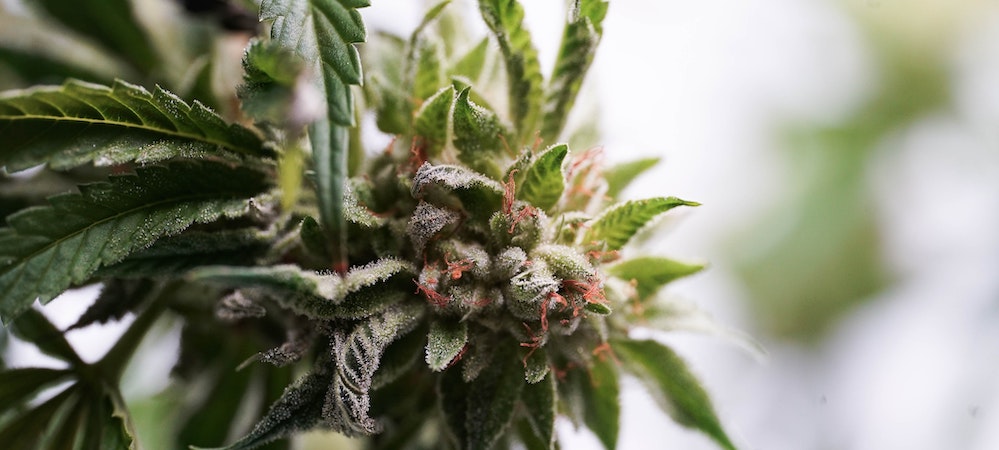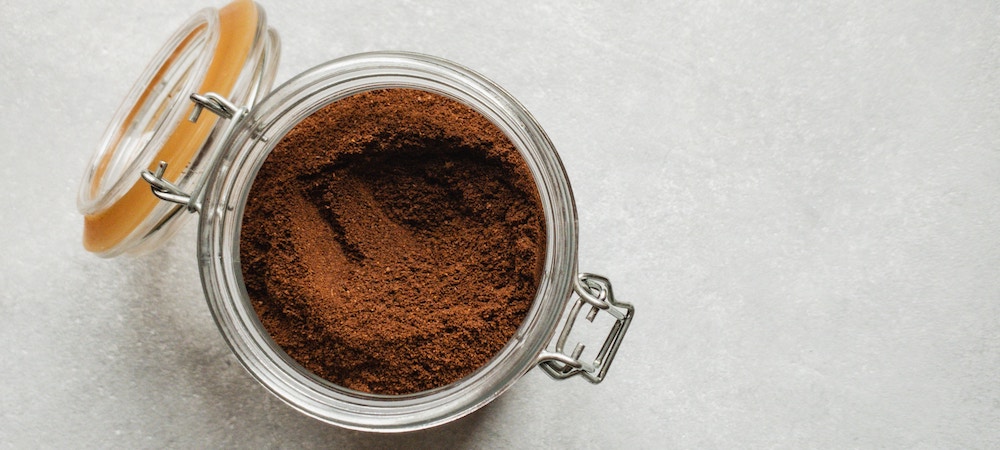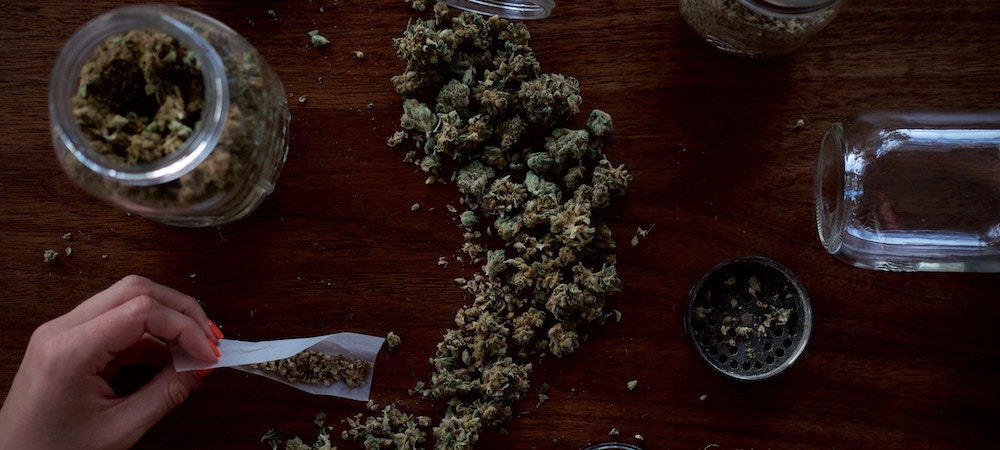THCA: What You Need to Know About This Cannabinoid
What is THC-A?
THCA, or tetrahydrocannabinolic acid, is a naturally occurring compound found in the resin of the cannabis plant. It is a non-psychoactive cannabinoid, meaning it does not produce the “high” associated with the consumption of cannabis.
Despite its lack of psychoactive properties, THCA has been the subject of growing interest among researchers due to its potential therapeutic benefits. Some studies have suggested that THCA has anti-inflammatory, analgesic, and antipsychotic properties. It has also been shown to have neuroprotective effects, which could make it useful in the treatment of conditions such as Parkinson’s disease and multiple sclerosis.
One of the unique features of THCA is that it can only be found in raw or uncured cannabis plants. When the plant is dried, cured, or exposed to heat, THCA begins to convert to THC, the compound that is responsible for the “high” associated with cannabis use. This process, known as decarboxylation, occurs when the plant is exposed to heat, such as through smoking or cooking.
While more research is needed to fully understand the effects and potential benefits of THCA, some proponents of medical cannabis use THCA-rich extracts in the form of tinctures or topicals. These products are designed to deliver the therapeutic benefits of THCA without the psychoactive effects of THC.
How does THC-A Differ from THC?
THCA and THC are both compounds found in the cannabis plant, but they differ in a few key ways:
Psychoactivity
Unlike THC, THCA does not bind to the CB1 receptors in the brain, which are responsible for the psychoactive effects of cannabis. THCA is a non-psychoactive compound, meaning it does not produce the “high” associated with cannabis. On the other hand, THC is the psychoactive compound in cannabis and is responsible for feelings of euphoria and altered perception of time and space.
Chemical structure
THCA and THC have slightly different chemical structures, with THCA having a carboxyl group (COOH) attached to its molecule. This carboxyl group is what makes THCA non-psychoactive and prevents it from binding to the CB1 receptors in the brain.
Conversion
THCA can only be found in raw or uncured cannabis plants, and as the plant is dried, cured, or exposed to heat (such as through smoking or cooking), THCA begins to convert to THC through a process known as decarboxylation.
Potential benefits
Although more research is needed, some studies have suggested that THCA has anti-inflammatory, analgesic, and antipsychotic properties, while THC has more well-known psychoactive effects.
Overall, THCA and THC are different compounds with different properties, effects, and potential benefits. While THC is more well-known and widely studied, THCA is a promising area of research due to its potential therapeutic effects without the psychoactivity of THC.
THCA is a fascinating and complex compound found in the cannabis plant. Its non-psychoactive nature and potential therapeutic benefits make it an area of growing interest among researchers and medical professionals. As more research is conducted and new information becomes available, the full potential of THCA may become clearer, helping to pave the way for new and innovative medical treatments.




